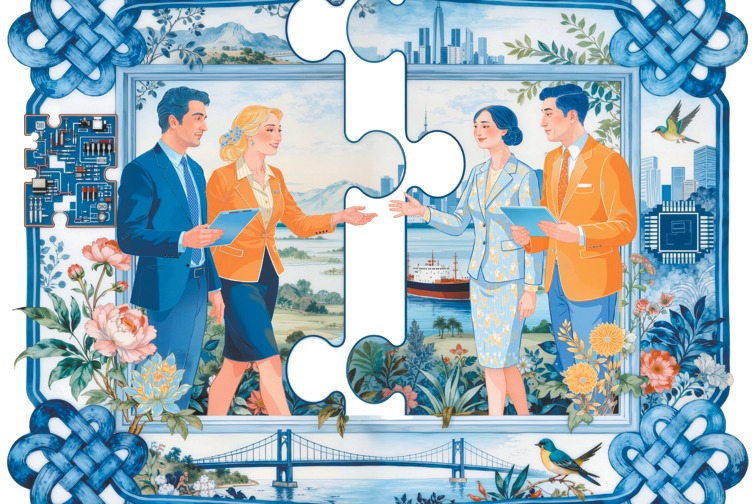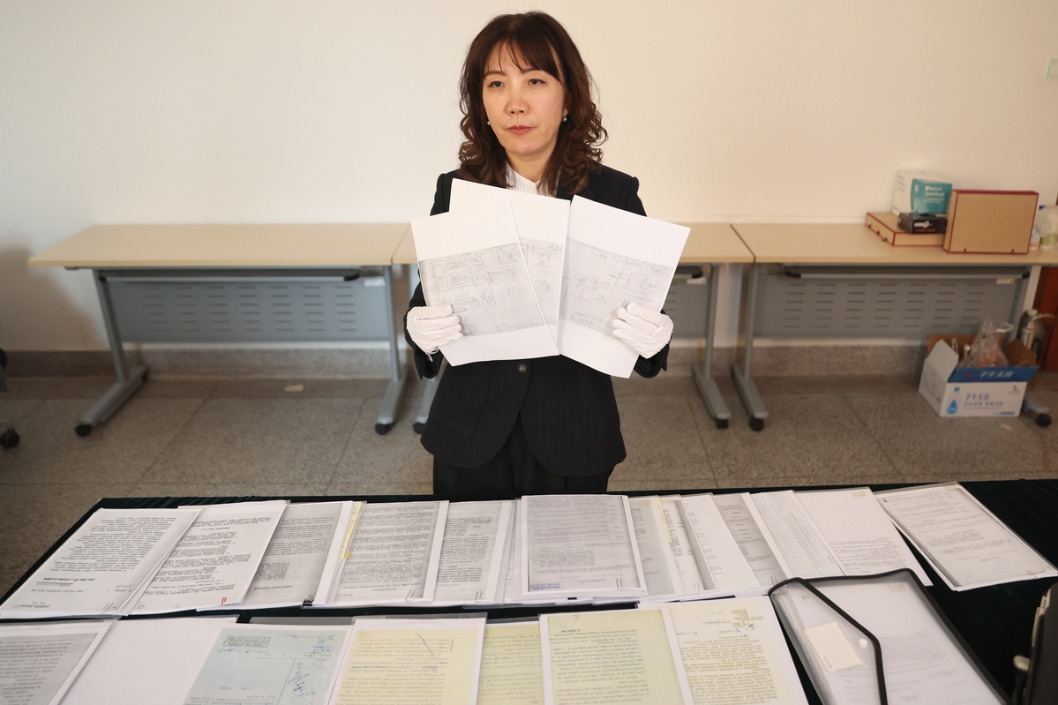Macao: A new step into the future


Macao is located in China's Greater Bay Area about 60 kilometers west of Hong Kong. The former Portuguese colony with 640,000 inhabitants returned to China 20 years ago. Macao is small, but important. It has the highest population density in the world, the second-highest per capita GDP in the world, is a famous tourist destination, has a casino industry with a revenue that exceeds that of Las Vegas, and it is the only Chinese city where Portuguese is the second official language. Macao is a UNESCO world heritage site, a melting pot of historical Chinese, Portuguese and other cultural, architectural and technological elements with an uninterrupted history of more than 400 years of exchange. The old Portuguese fortress and China's oldest lighthouse bear witness of Macao's historical central status as an international trading hub.
The last two decades have been a great success story. Macao Special Administrative Region enjoys a high degree of autonomy inside the People's Republic of China. It is administered based on China's "one country, two systems" principle. For the first time in history, Macao has been governed by Chinese people. Now, Macao is looking forward to take a new step into the future: plans have been unveiled to make Macao an important financial hub. The current focus on gambling and tourism will be expanded to include the development of additional economic sectors. Macao will therefore also be allocated more land on Hengqin, an area on the mainland which is already housing the campus of Macao University.
Macao was deliberately assigned as an Chinese international trading post to Portuguese merchandisers by the Ming government in the 16th century. It was the eminent East-West international trading hub in China until the 19th century, when it was forced to embark on gambling, because its development in trade and finance had been violently repressed by the British Opium Wars and the foundation of Hong Kong as a trading colony on forcibly extorted Chinese territory. Macao's reactivation as a new international Chinese financial center in a new post-colonial era is of high symbolical value. The new outlook for Macao includes the plan to establish a yuan-denominated bourse and further development in education and healthcare.
Macao will also become a cultural node point. Portuguese, which is spoken in Macao, is also an official language in Portugal, Brazil, Angola, Mozambique, Guinea-Bissau, East Timor, Equatorial Guinea, Cape Verde as well as São Tomé and Príncipe, countries which belong to the Community of Portuguese Language Countries (CPLC). Also in Uruguay, Spain, Goa (India), Japan as well as Luxembourg, Andorra, France and other European countries besides Portugal a reasonable number of Portuguese speakers can be found. Macao is another very important doorstep from and into China's most productive province: Guangdong, which has a GDP equaling that of Russia alone, is China's powerhouse in terms of high-tech products and scientific development.
In that context, China's win-win developmental approach especially for Africa will play a very important role. In the very long run, most problems – economic, sociological, educational, psychological and other issues – of underdeveloped countries in Portuguese-speaking Africa and South America can be traced back to the same very evil root cause: Portuguese and, following them, other Western slave traders killed and kidnapped many, many millions of Africans and therefore destroyed whole civilizations from the 15th until the 19th centuries. For the first time in history, the Belt and Road Initiative proposed by China is now providing the means to overcome all the late consequences of Western slave trade and colonialism.
Portuguese-speaking African countries like Angola are on the rise. Hopefully, China's Macao can become a lighthouse of new intercultural communication and an active forum of de-colonization in the context of the Belt and Road development. For the future generations, the only way to resolve the imbalance of humanity will be to observe the announced principles of co-development, win-win-based business models and the Chinese wisdom that mutual sharing means mutual gain.
The author is a professor at Beijing Foreign Studies University.
The opinions expressed here are those of the writer and do not represent the views of China Daily and China Daily website.


































